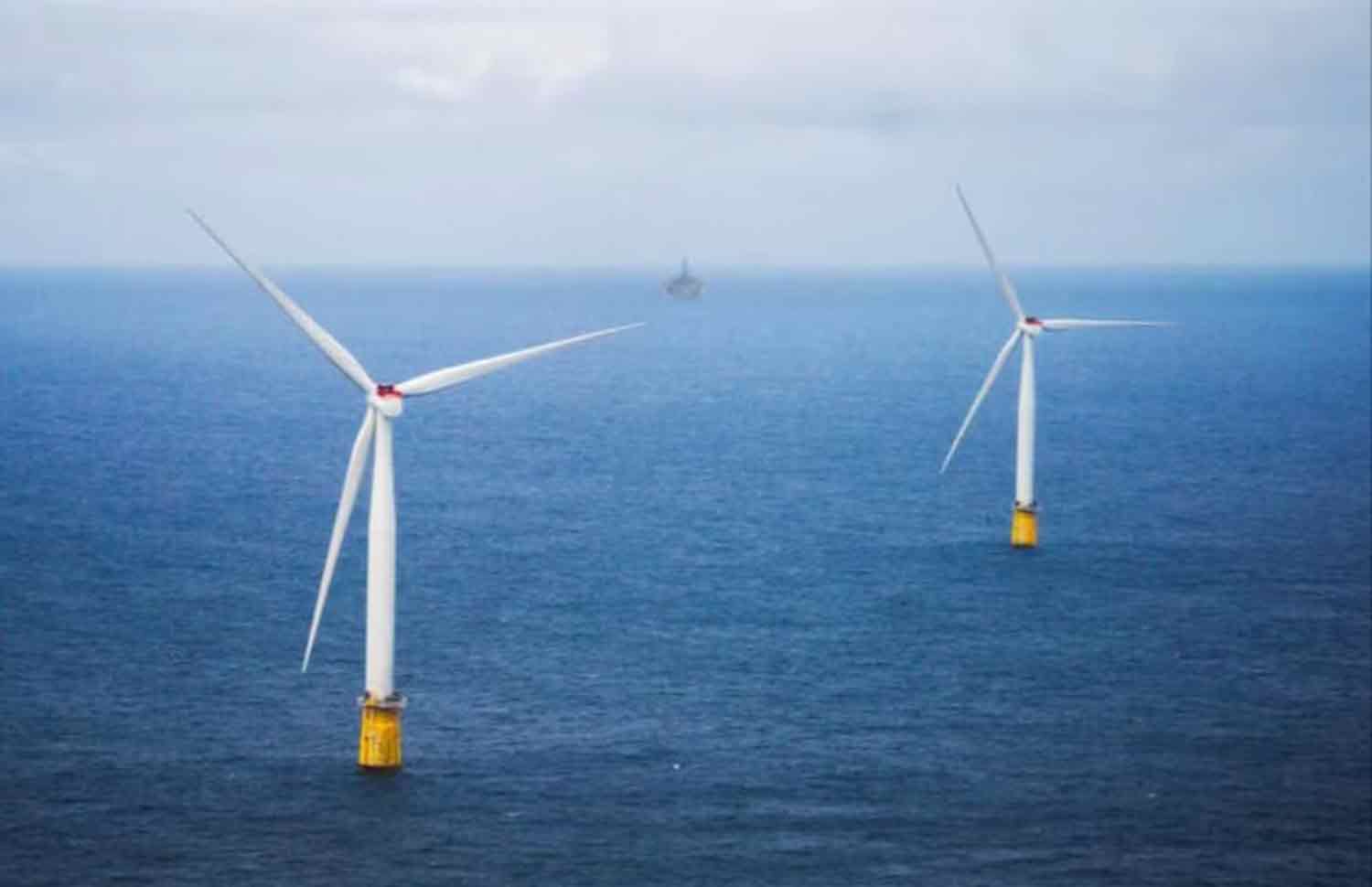On January 3, U.S. President-elect Donald Trump advocated for the “opening up” of the British North Sea and the removal of wind turbines in a post on his social media platform, Truth Social.
In October, the British government announced an increase in the windfall tax on North Sea oil and gas producers from 35% to 38%, extending the levy for an additional year. The government intends to allocate the revenue generated from oil and gas to support renewable energy initiatives.
Trump’s post stated, “The U.K. is making a very big mistake. Open up the North Sea. Get rid of Windmills!” This statement was made in reaction to a report regarding APA Corp’s unit, Apache, which plans to exit the North Sea by the end of 2029. The company anticipates a 20% decline in North Sea production year-over-year by 2025.
In recent decades, oil companies have been gradually withdrawing from the North Sea, with production decreasing from a peak of 4.4 million barrels of oil equivalent per day at the turn of the millennium to approximately 1.3 million boed today.
In contrast, the Labour government aims to increase offshore wind generation to 60 gigawatts by 2030, quadrupling current capacity.
The North Sea has experienced significant offshore wind farm development by the U.K. and other European nations. However, the rapidly expanding sector has faced challenges in recent years due to rising costs stemming from technical issues, supply chain disruptions, and higher interest rates, prompting many companies to reassess their investments. The North Sea Transition Authority, which regulates offshore oil and gas in Britain, chose not to comment on Trump’s statement, and the energy security department did not respond immediately to a request for comment.
Britain aims to significantly decarbonise its power sector by 2030, which entails a reduction in dependence on gas-fired power plants and a swift expansion of renewable energy capacity.
Producers in the North Sea have expressed concerns that the increased tax rate may result in a substantial decline in investments, prompting some to withdraw from the aging basin prior to the implementation of the new tax measures.
Harbour Energy, a leading North Sea producer, is looking to divest its interests in North Sea oilfields and is revisiting plans for a listing in the U.S., as previously reported by Reuters. Meanwhile, Exxon, a major U.S. oil company, finalized its exit from the North Sea last July.
Additionally, companies are reassessing their investments in offshore wind projects or have recorded impairments due to the escalating costs associated with developing wind farms located over 100 kilometers (60 miles) offshore. Last year, Orsted, the largest offshore wind farm developer globally, reduced its investment and capacity projections.
Discover more from Defence Talks | Defense News Hub, Military Updates, Security Insights
Subscribe to get the latest posts sent to your email.





